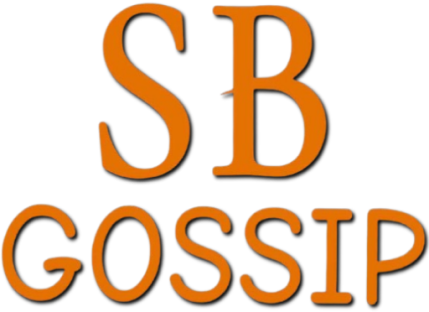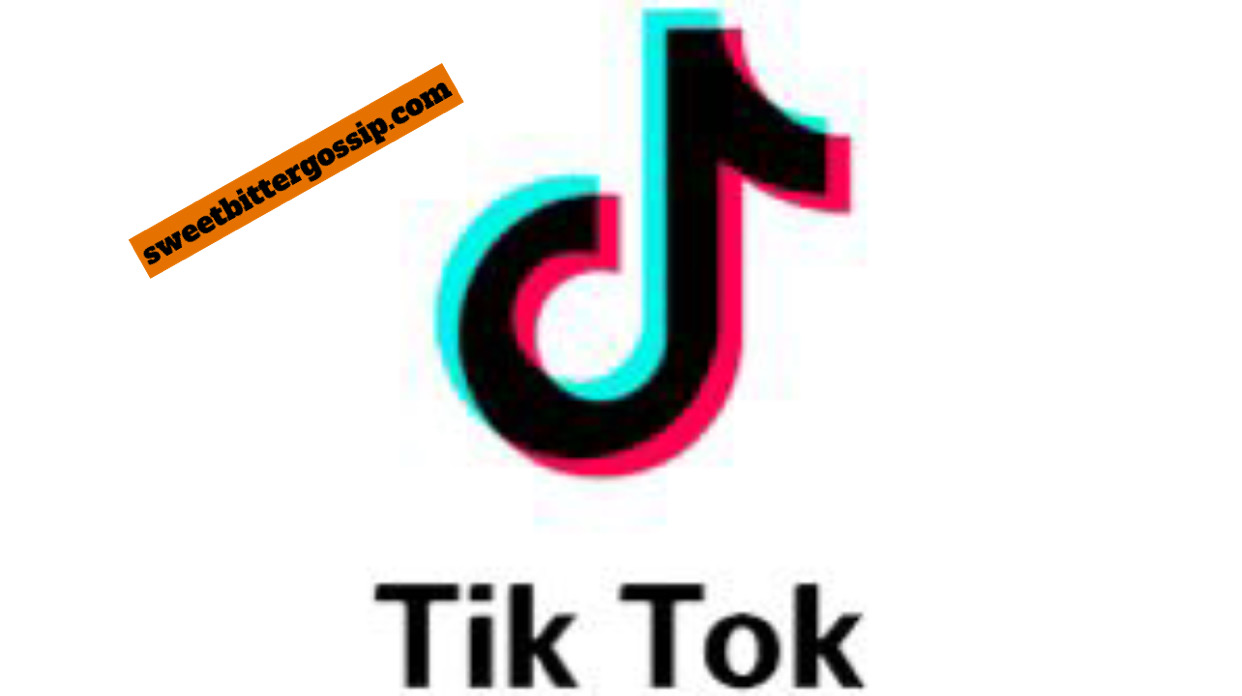TikTok has announced that it will be forced to “go dark” in the U.S. on Sunday unless the government intervenes to prevent a ban set to take effect. In a statement on Friday, TikTok accused the White House and the Department of Justice of failing to provide the necessary assurances to the service providers responsible for maintaining the app’s availability. Without immediate action, TikTok warned it would have to shut down operations in the U.S. starting January 19.
The announcement follows a Supreme Court decision on Friday that upheld a law banning the app unless its Chinese parent company, ByteDance, sells the U.S. version of the platform to a neutral buyer. The law, passed in April 2024, required ByteDance to sell its stake within six months to avoid an outright ban.
TikTok challenged the legislation, arguing it violates the free speech rights of its 170 million U.S. users. However, the Supreme Court’s decision leaves the app with limited options. If no buyer emerges by the Sunday deadline, TikTok will be removed from app stores and web hosting services, effectively cutting off access to new downloads and updates. Although users who have already downloaded the app might retain access temporarily, TikTok’s functionality is expected to degrade over time without regular updates.
TikTok’s latest statement, however, raises concerns that the app could become immediately inaccessible for both existing users and those seeking to download it. Influencers and creators have been posting farewell videos, bracing for the app’s potential shutdown.
The situation comes at the end of President Joe Biden’s term, which concludes Monday when Donald Trump is set to take office. The White House stated that enforcing the TikTok ban will be the responsibility of the incoming administration. Trump, who initially supported banning TikTok during his first term, has expressed reservations about the move. On Friday, he stated, “My decision on TikTok will be made in the not too distant future, but I must have time to review the situation.” He also revealed that he had discussed the issue with China’s President Xi Jinping.
Trump’s recent comments mark a departure from his earlier stance, when he attempted to ban TikTok through executive action during his first term. In December 2024, Trump acknowledged that TikTok had helped him reach younger voters during the 2024 election, expressing a “warm spot” for the app. Despite Trump’s mixed signals, ByteDance has stated it will not sell TikTok and plans to shut down U.S. operations on Sunday unless a reprieve is granted.
The TikTok ban comes amid growing U.S. concerns over Chinese espionage. Lawmakers from both parties supported banning the app, citing its ties to the Chinese government. TikTok has repeatedly denied sharing user data with Beijing, but cybersecurity experts have raised concerns about the app’s ability to collect extensive user data.
U.S. Attorney General Merrick Garland defended the ban, stating that authoritarian regimes should not have “unfettered access” to Americans’ data. He added that the decision prevents China from using TikTok as a tool to undermine U.S. national security. The Chinese government, however, has denied pressuring companies to gather data on its behalf and criticized the U.S. for politicizing the issue.
TikTok, which employs 7,000 people in the U.S., has argued that the ban jeopardizes free speech, threatening its users, advertisers, and employees. The company has stressed that it has not been asked to share user data with Beijing and considers the legislation an overreach.
Timeline of Events:
• April 24, 2024: President Biden signs bipartisan legislation requiring ByteDance to sell TikTok’s U.S. stake or face a ban.
• May 7, 2024: TikTok files a lawsuit against the law, calling it an “extraordinary intrusion” on free speech rights.
• August 2, 2024: The U.S. government files a lawsuit accusing TikTok of unlawfully collecting children’s data.
• December 6, 2024: A federal appeals court rejects TikTok’s bid to overturn the legislation.
• December 27, 2024: President-elect Donald Trump asks the Supreme Court to delay the TikTok ban while he explores a potential political resolution.
• January 10, 2025: The Supreme Court hears arguments from TikTok’s legal team and creators, who claim the ban violates free speech protections for its 170 million U.S. users.
• January 17, 2025: The Supreme Court upholds the law, allowing the TikTok ban to proceed if ByteDance fails to sell the app’s U.S. operations by the January 19 deadline.
With the deadline looming, TikTok’s future in the U.S. remains uncertain. If no last-minute resolution is reached, the app’s shutdown will mark a significant escalation in the broader conflict between the U.S. and China over technology, data security, and national sovereignty. For millions of users, content creators, and businesses relying on TikTok, the outcome will have lasting repercussions.

